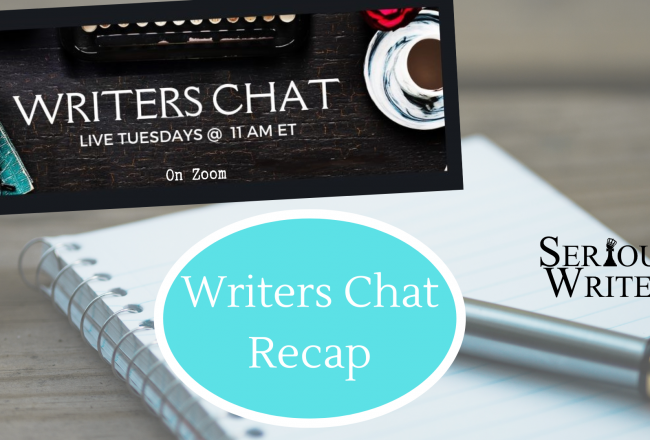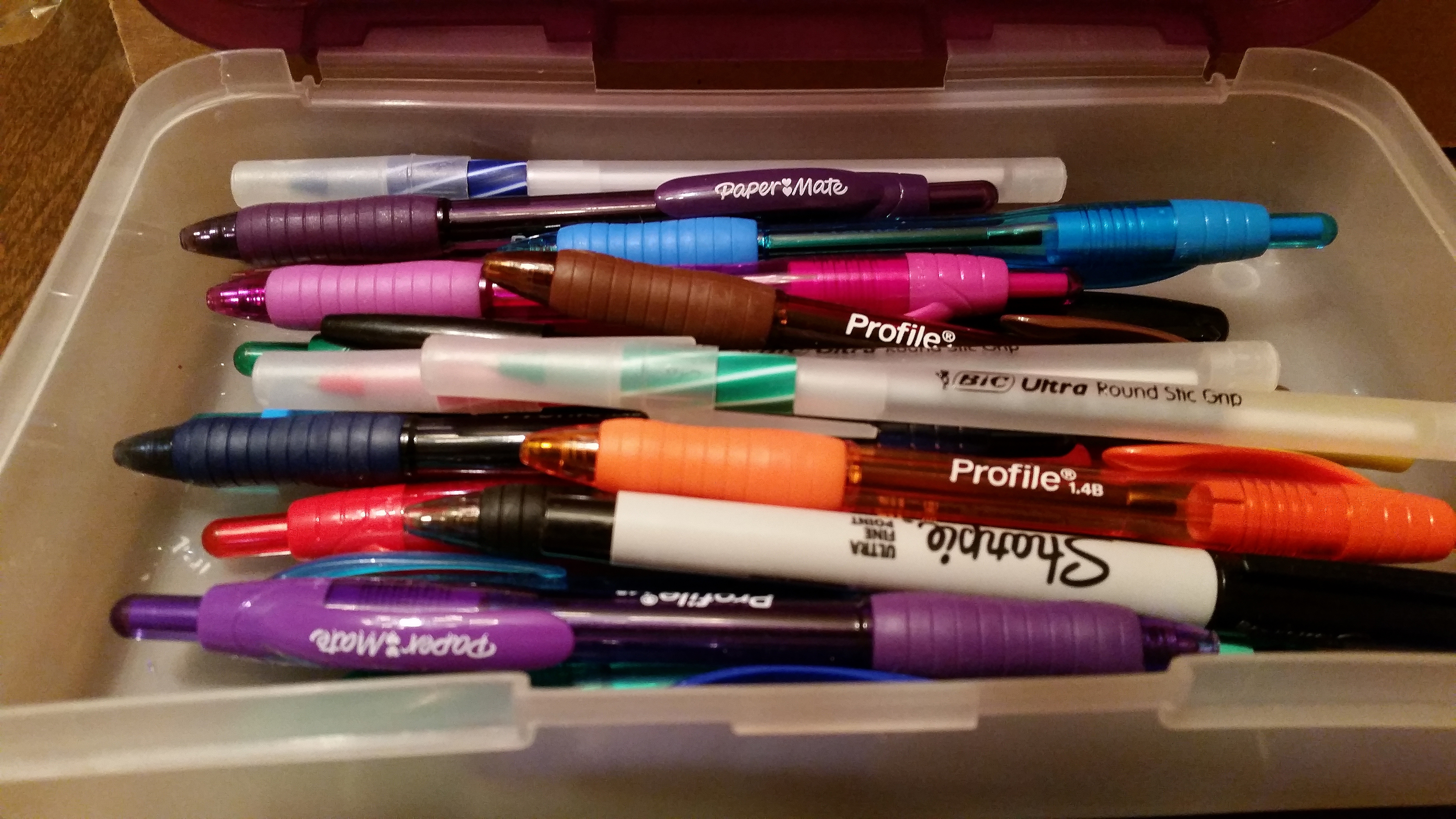
Don’t Break Promises to Readers
Nearly two years ago, when I finished my Craftsman class with DiAnn Mills, she recommended I get a book entitled…
February 25, 2016
Nearly two years ago, when I finished my Craftsman class with DiAnn Mills, she recommended I get a book entitled…
February 25, 2016
Have you ever tried to impress people? Given that extra effort to stand out in the crowd, to get…
February 24, 2016
NOTE—Doug Peterson’s previous blog, Do Your Research Right When You’re Writing Historical Fiction, discussed his research habits. This…
February 23, 2016
For the past couple of posts, we’ve been focusing on confusing word pairs. Today will continue with a few…
February 22, 2016
In her book The Resolution for Women, Priscilla Shirer tells a story about a tassel. She was in the…
February 21, 2016
Thomas Garet sat on the plain grass under a pine tree by the road and untied his shoe laces.…
February 20, 2016
“Does building a platform really increase chances of publication?” This is a question many beginning authors ask when they…
February 19, 2016
Shortly after moving to the Islands, a new habit easily became walking early on the beach. On one particular…
February 18, 2016
by Elaine Marie Cooper Many authors, both new and the more experienced, get discouraged when hunting for knowledgeable readers…
February 17, 2016
Particularly for new writers beginning the blogging journey, comparison can kill confidence and create problems. New bloggers often struggle with…
February 16, 2016
by Sandra Merville Hart With the celebration of Presidents Day this month, Americans may remember the very famous Gettysburg…
February 15, 2016
The writer’s life is not for the faint of heart. There are moments that are downright scary. That first…
February 15, 2016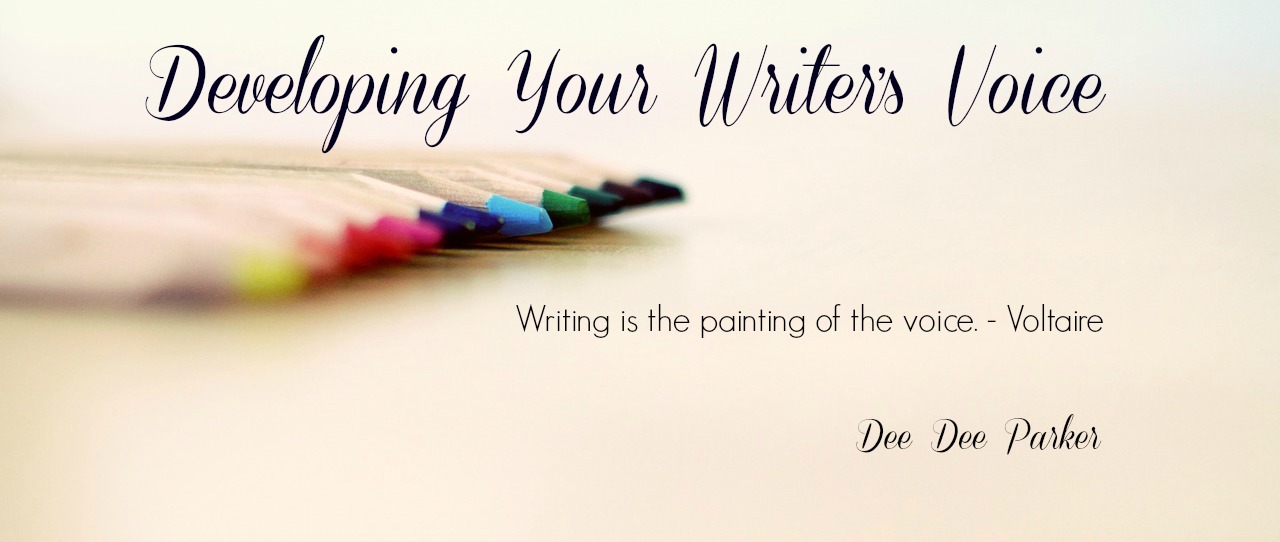
“I write only because there is a voice within me that will not be still.” –Sylvia Plath Are there…
February 14, 2016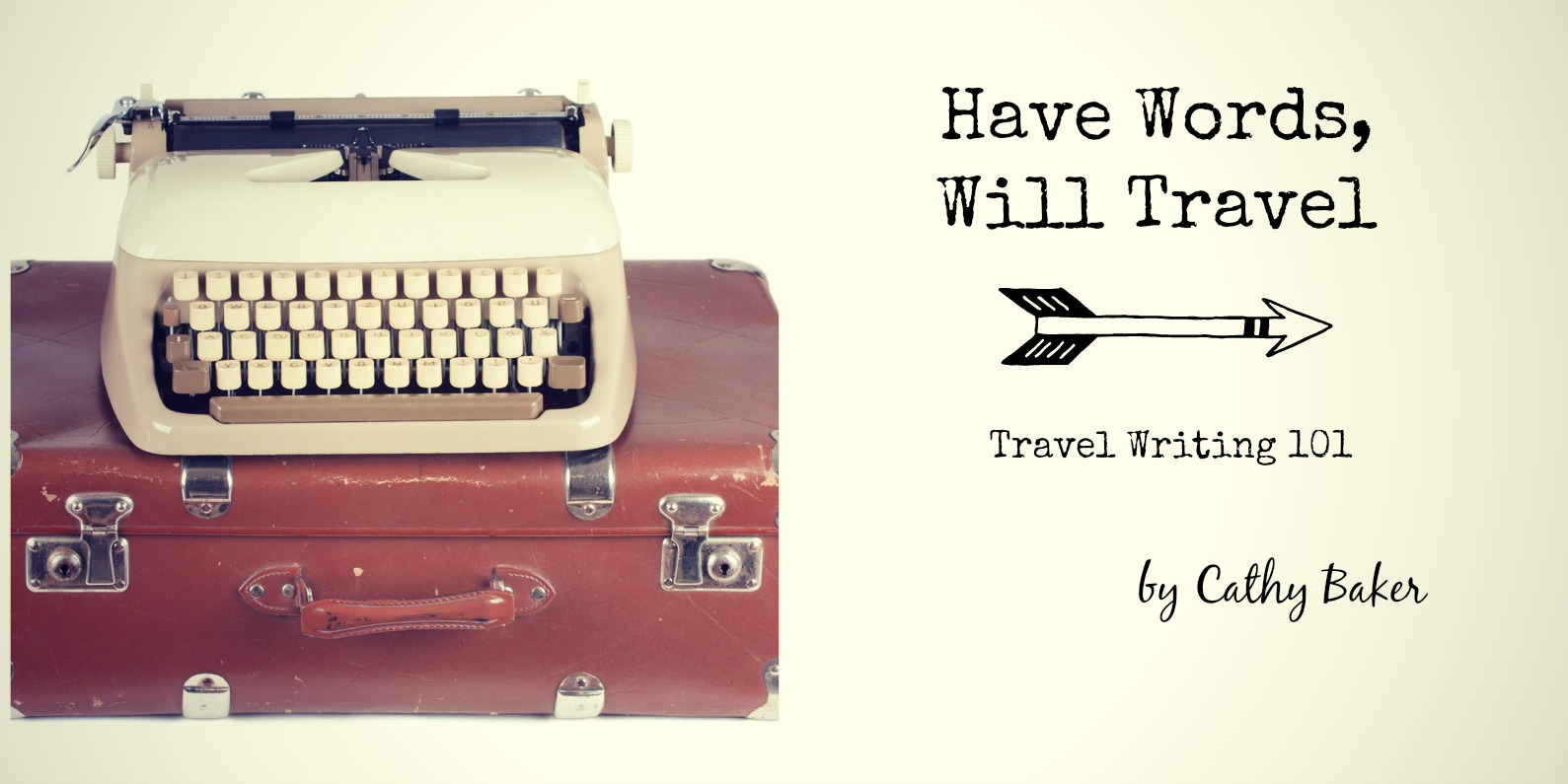
There is no denying that February is the month of L-O-V-E so let’s do something a little different. Okay,…
February 13, 2016
Every writer needs an editor or at least a proofreader. Even experienced writers benefit from another pair of eyes…
February 12, 2016
We writers are an odd lot. We’re driven to write, spending time composing poetry, writing books, researching articles. We…
February 11, 2016
We’ll take a break from adding more confusing words to our list this time and focus only on…
February 9, 2016
I work like a mad scientist. When I am working on a writing project I am all in —…
February 8, 2016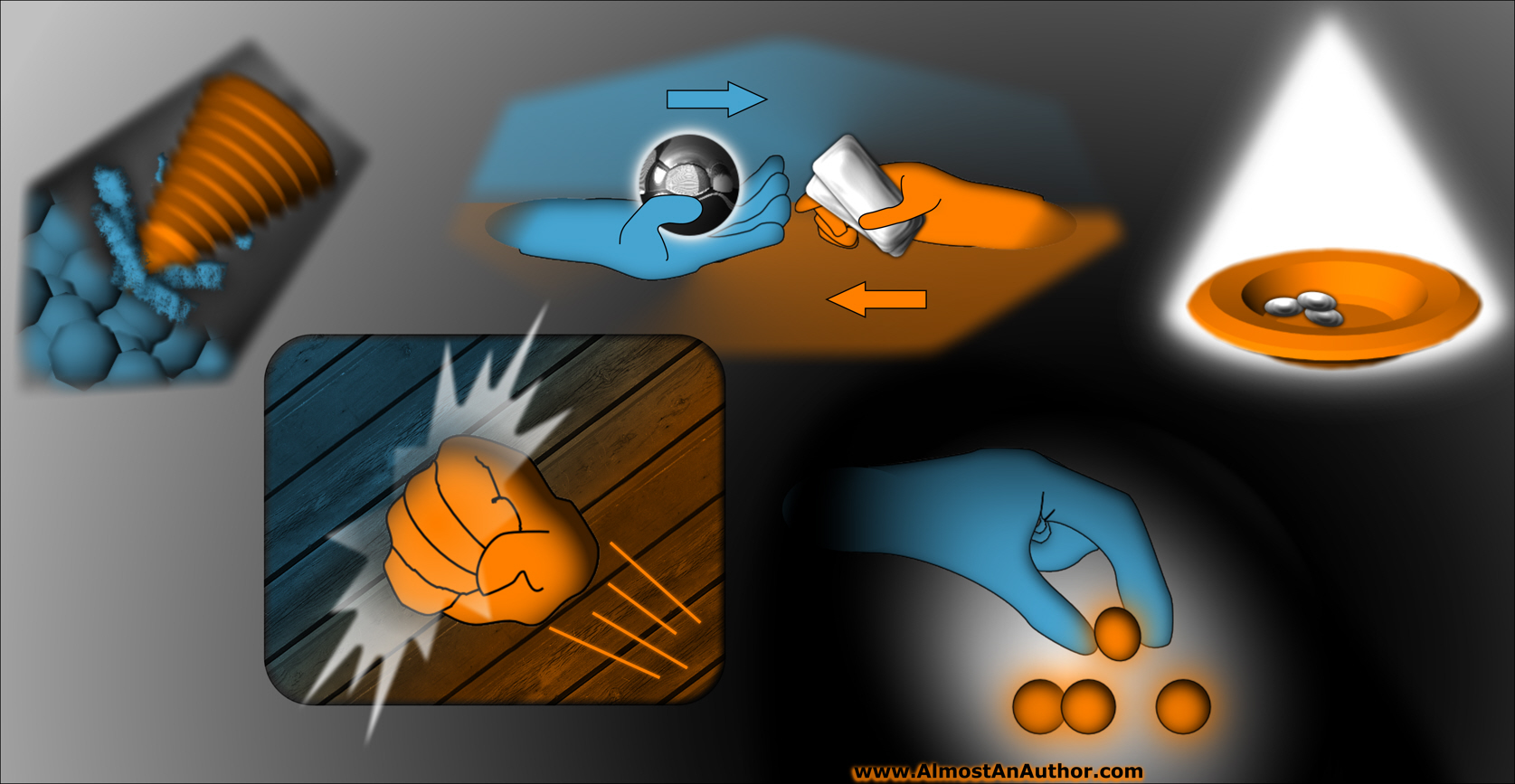
When writing a speculative fiction novel, determine what the things of value are in your world. Water, food, shelter-building resources,…
February 7, 2016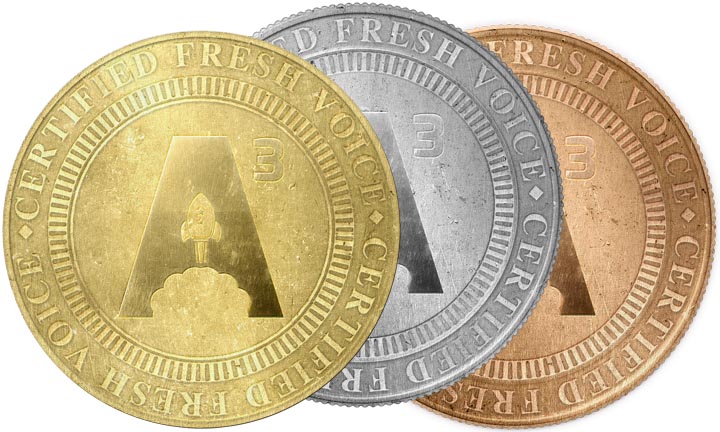
Congratulations to our finalists in Short Story! Fox Quest – Sarah Zuehkle A Child And A Nightlight – Heidi Melo A Family for…
February 6, 2016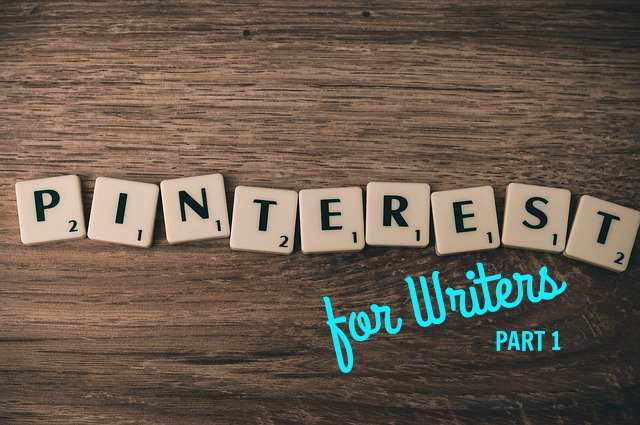
Pinterest for Writers – Part 1 If you’ve heard about Pinterest and think it’s only for women or crafters,…
February 6, 2016
Congratulations to our finalists in Novel and Non-fiction! Dreaming of Darkness – PJ Lightning The Least of These –…
February 5, 2016
Congratulations to our Novella Category Winner! Carol of the Rooms – Diana Leagh Matthews Play On, Jordan – Iola…
February 5, 2016
I fell in love with Langston Hughes’ poetry when only a teenager in high school. Still today, I enjoy…
February 5, 2016Congratulations to our Article Category Finalists and Winner! We Can’t Go Back – Curt Lovelace Suffering Is For A Lot Of Things – Sandra…
February 4, 2016


